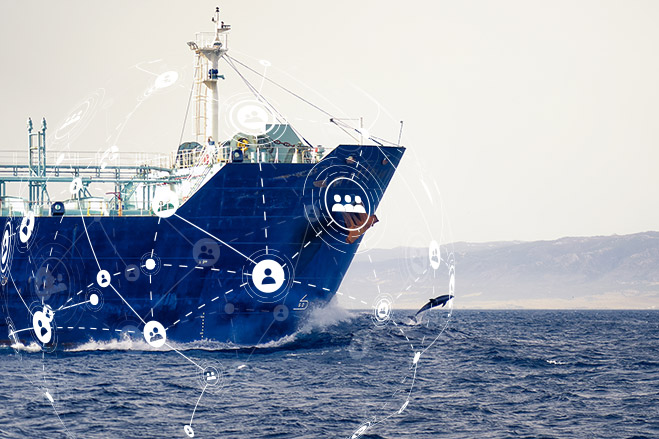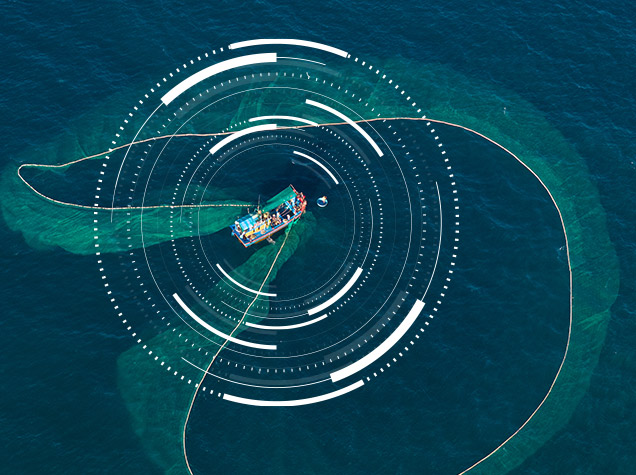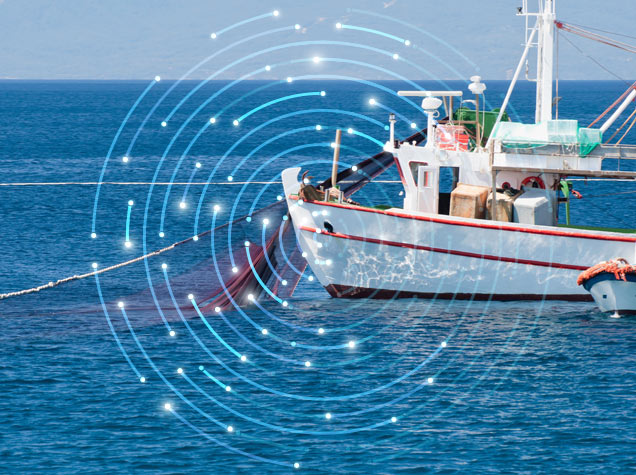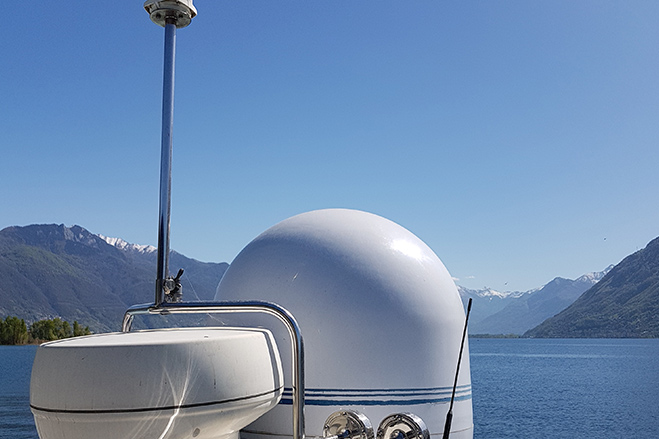
Digitalisation in Maritime Operations
The maritime industry is undergoing a digital transformation, revolutionizing how fleets operate and manage their resources. Digitalisation drives efficiency, reduces costs, and positions companies to thrive in a competitive, connected world.






